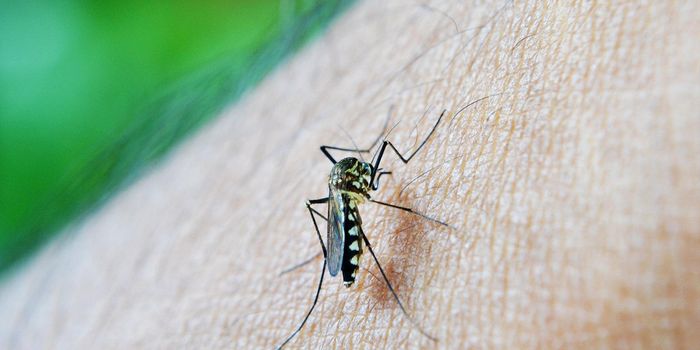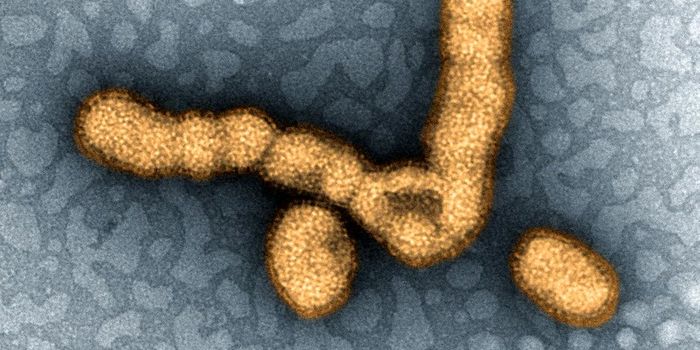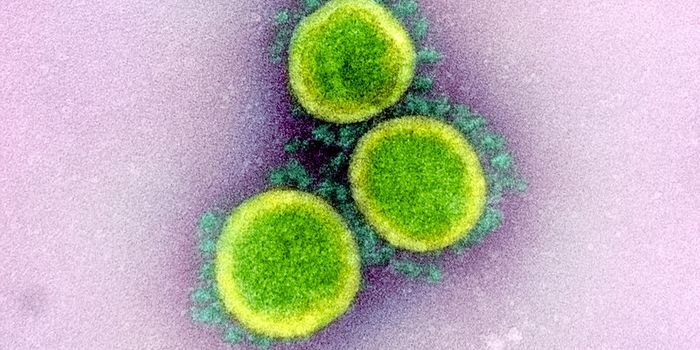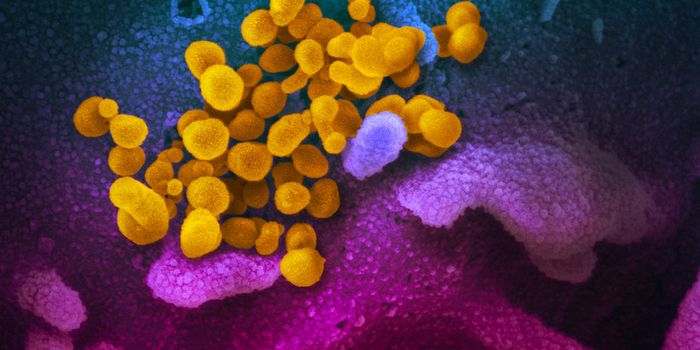Antibodies Seem to Keep Gut Fungi in Check, Except in Crohn's Patients
The bacteria that live in the gut microbiome have gotten a lot of attention, and for good reason; gut bacteria have been associated with different diseases, and have a significant influence on their host in many ways. But other microbes like viruses and fungi live in the gut microbiome too, and they can also have a major impact on host health.
New research has shown that in some patients with the intestinal disorder Crohn's disease, the antibodies that are supposed to be tamping down the growth of harmful fungi that live in the gut are disrupted. While research has indicated that the host immune system can help maintain the healthy balance of bacteria in the microbiome, this study has suggested that the immune system is involved in controlling gut fungi, sometimes called the mycobiome, too. The research has been reported in Nature Microbiology.
Different stuff in the environment, like cold temperatures or the wrong pH, can cause fungi to change their shape. The common yeast Candida albicans can transform into a pathogenic form that grows appendages called hyphae, which can cause damage and invade other tissues, because of environmental conditions.
The immune system is quite active in the gut, and antibodies that are released there can influence the pathogenicity of C. albicans. This normal situation may be disrupted in Crohn's, a chronic inflammatory condition. Excessive growth of C. albicans has been linked to several conditions that involve the gastrointestinal tract.
In this study, the researchers identified an antibody, secretory immunoglobulin A (slgA), in mouse fecal matter. The antibody could specifically bind hyphae on C. albicans, preventing it from spreading. Those antibodies also attached to hyphae on C. albicans from human samples. Since they selectively attach to hyphae that cause virulence, and not harmless forms of C. albincans, the researchers suggested that antibodies are helping to maintain the right balance of microbes in the gut.
Crohn's disease patients were found to be carrying many antifungal antibodies compared to healthy individuals. But these antibodies don't seem to work against the hyphae, there were also high levels of hyphae in the patients.
"An impairment in this mechanism of control in mice and in patients with Crohn's disease might be a contributing factor to the increased hyphal growth in the gut," said senior study author Dr. Iliyan Iliev, an associate professor of immunology in medicine at Weill Cornell Medicine .
Additional work showed that antifungal antibodies could reduce hyphae production on C. albicans when the yeast was grown with human cells. "It seems that these antifungal antibodies disarm hyphae to a degree," said first study author and graduate student Itai Doron.
This research could open up new treatment options for C. albicans overgrowth.
"The community of gut fungi in the gut, specifically C. albicans, is shaping our immunity," Iliev said. "We develop these antibodies, and it seems they have a protective role in a specific context."
Sources: Cornell University, Nature Microbiology









